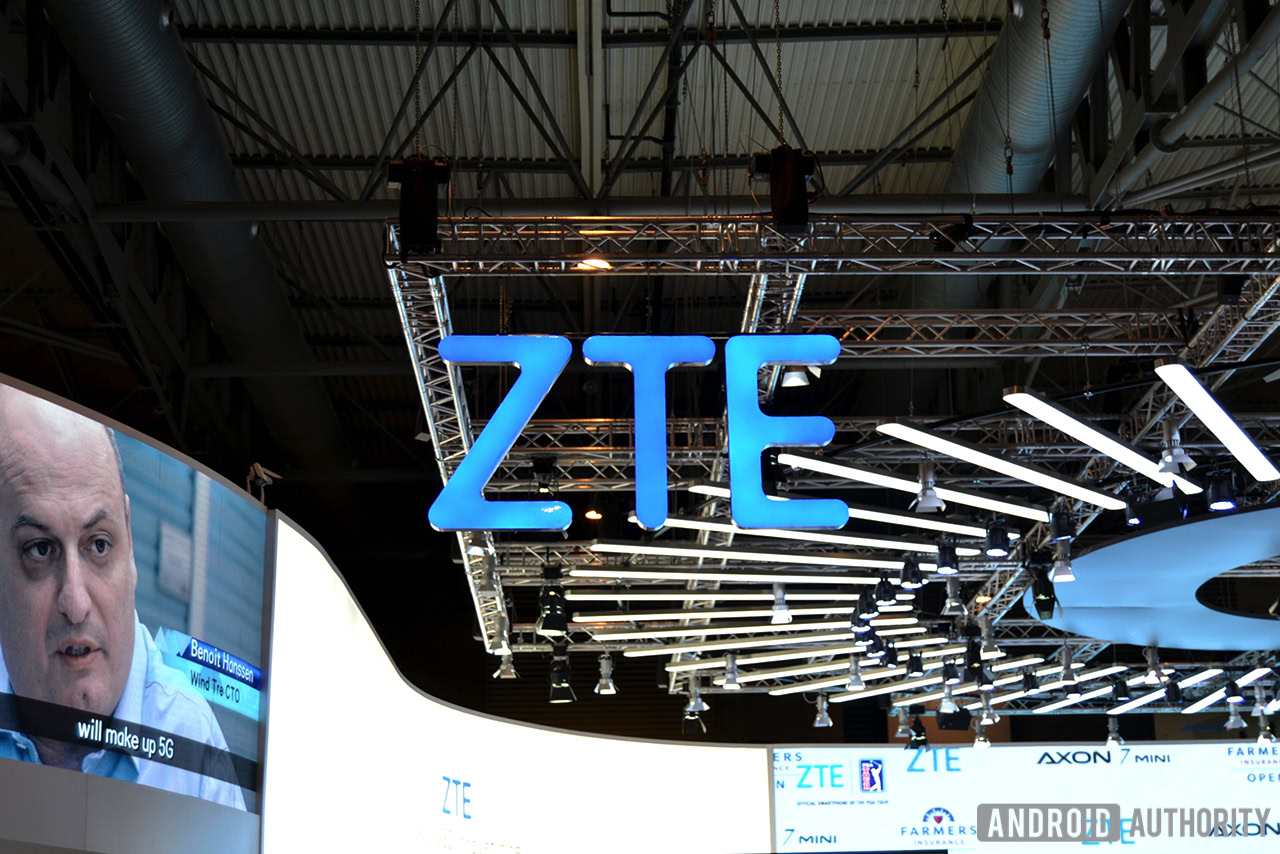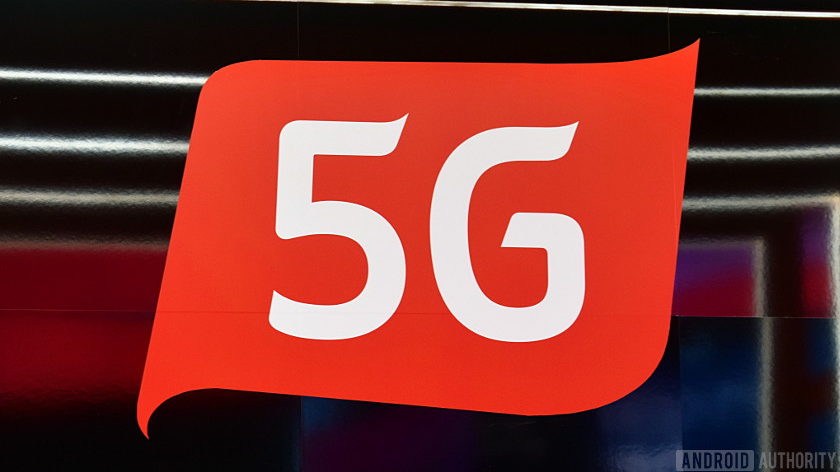Affiliate links on Android Authority may earn us a commission. Learn more.
ZTE could lose Android-related licenses due to US sanctions
Published onApril 18, 2018

- ZTE might lose its Android-related licences as a result of a supply ban by the United States.
- Android is open source, but the ban could affect Google Mobile Services instead.
- If confirmed, the ban could spell doom for ZTE’s smartphone business.
ZTE has endured a torrid few days, as an American supply ban saw Qualcomm and other U.S. companies prohibited from selling components and software to the firm. Unfortunately, things could get worse, as it’s been claimed that the company might lose its Android license.
According to Reuters, citing a “source familiar with the matter”, the Chinese company was in discussions with Google about the implication of the supply ban. However, the discussion seems to have had little effect, as the two firms were “still unclear about the use of Android by ZTE” come Tuesday morning.
How would the ban affect ZTE?
It seems like the ban would affect Google Mobile Services (GMS), the suite of popular apps, APIs and tools provided by Google to manufacturers under a free license. The Android platform itself is open source, and there are several variants of the platform that have been developed without Google’s blessing, most notably Amazon’s Fire OS. Google does not make its GMS suite available on these so-called Android forks. Furthermore, any company that decides to fork Android or to sell phones using a forked Android version is automatically barred from obtaining a GMS license. This is Google’s way of maintaining control over the Android ecosystem, while still reaping the benefits of having an open source operating platform.
ZTE could still probably use Android in some capacity, and ask customers to sideload Google’s apps and services. There’s precedent: Meizu regularly ships phones without Google’s services, forcing users to figure it out themselves. But Meizu mostly operates in China.
Losing Google Mobile Services wouldn’t be a massive problem for a company only playing in China, because Chinese customers cannot use Google’s services anyway. But ZTE has a significant presence outside its homeland. In fact, the firm has 12 percent market share in the U.S., according to Counterpoint’s Q3 2017 results.

ZTE is well known for its budget wares, as well as white-labelled phones available from networks around the world. In recent years, ZTE went upscale, with the Axon series. Then there’s the foldable Axon M flagship, slowly making its way to a variety of countries. So the company clearly has global ambitions.
The loss of Google Mobile Services could easily kill off ZTE’s global business, not just in the U.S. ZTE would be effectively forced to withdraw to China for the duration of the ban, and seven years is an eternity in the mobile industry. Combine that with the fact that ZTE is also banned from using crucial Qualcomm chips, and the future seems dire for the company’s smartphone unit. But ZTE will survive. Its main business, selling telecom equipment to carriers, will not be affected by the ban as much as the smartphone arm.